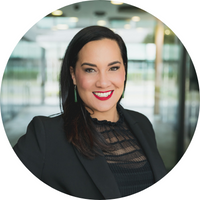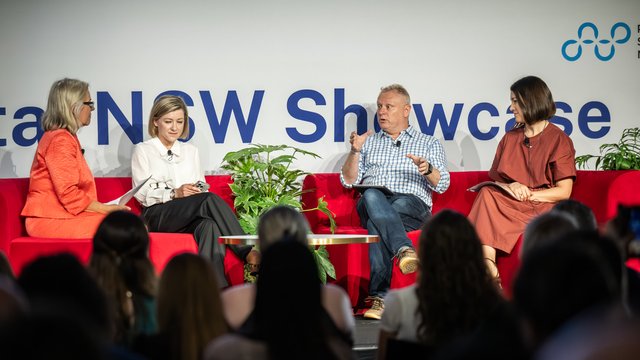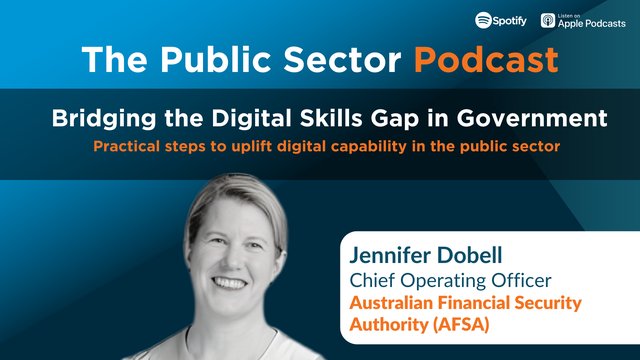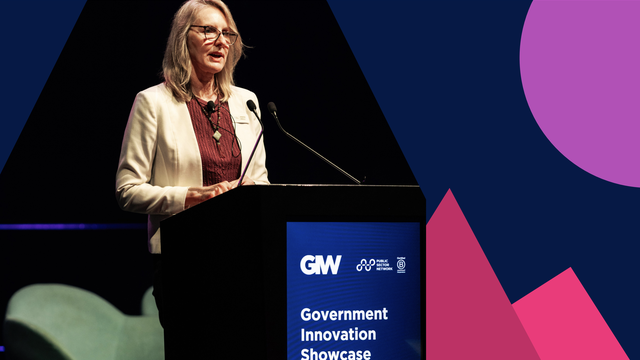Government Case Study:
Looking back to accelerate forward

In our 2022 HR & Future of Work Roadshow, we heard from Theresa Rongonui, Director, Learning and Organisation Development, New Zealand Trade and Enterprise.
Read the full insights below:
Using the traditions of the past to look forward
Even before the pandemic hit, much of the world there was economic uncertainty, political turmoil, and the constant threat of natural disasters. Many of these factors affected employees and the way they related to their employment, and many of these factors affected the practice of HR too. Then once the pandemic came along and the world was thrown into greater turmoil, some HR managers didn’t know how to cope and in some ways, this sparked what has become known as ‘the great resignation’. However, not all HR executives were blinded by the external forces of the pandemic. Theresa Rongonui , the Director of Learning and Organisation Development at New Zealand Trade and Enterprise (NZTE), says that it is very important to have “a really clear and strong vision,” but as a result of the pandemic, many visions have “become a bit blurry because now even more so we don’t know what’s coming next or in ten years.”
This is where Te Ao Māori (the Māori worldview) might come in handy. “Our visions look 150 to 300 years into the future because we look at intergenerational well-being.” Māori traditions don’t always align with western culture, “but our people can generally connect to purpose, even in lieu of a vision, because many of us understand how to help achieve an organisation’s purpose.”
“Being able to achieve a purpose is very important when the structure of an organisation is extremely complicated. The NZTE is the trading arm of New Zealand’s government, and has “about 800 staff operating in 52 international locations across all 24 time zones.”
Since there are many locally-engaged staff, “there are also about 40 languages involved.” So there is “high complexity” and it means “we have to use really plain English” for all the communications. The complexity has been enhanced of late because internationally, they have grown “from 700 customers to about 1,400 customers now, so a doubling of our impact,” mostly across Europe and Asia.”
Understanding past traditions to ease modern complexities
To ease some of this complexity, domestically and internationally, the organisation has numerous values, but one of them – which is somewhat more important than the others – is known as ‘mana’. This covers many concepts including “prestige, authority, control, and influence, as well as strength and dignity. Mana can be held by individuals or collectives.” On top of that is the energy of ‘mauri’ (pronounced maodi ) “which is your life force. We believe that everything in the world has a mauri, and that mauri can be restored. It is through mauri that your mana flows.”
Though the idea of mana has many concepts running through it, from a Te Ao Māori perspective, “there are four different types of mana,” each of which affects how a person functions and therefore affects how they operate at work:
- Mana Atua – This is the mana “that is given to us from a spiritual connection or a divine being, whatever that is to you.”
- Mana Tipuna – This is about remembering that “much of what we have is passed down from our ancestors. It is the ultimate idea of bringing your whole self to work because it is about connecting with the supernatural and recognising that everyone comes from a different background.”
- Mana Whenua – This is about a connection to land and remembering “that there were people who occupied this space before us.”
- Mana Tangata – This is about people, or more accurately, “the mana that is conferred to us by others. For the most part, it is about the betterment of the collective.”
A new framework for success
All of this is important and an introduction to say that at NZTE (and in other departments) there is now a framework for ‘mana enhancing conversations’. The vision at NZTE “is for everyone to feel safe, welcomed, valued and heard,” but this was somewhat lost because of the complexity of the organisation, so something needed to change. Thus this new framework is not “just about waiting for the bad times, but it is about having eye contact with people and simply saying ‘hello’ or ‘thank you’.” This might be obvious and people often say ‘how are you?’, but how often “do they wait to hear the answer or actually listen to what the other person is saying? If you are going to ask somebody how they are, have the respect to be able to look them in the eye and hear their response.” This is what having ‘mana enhancing conversations’ is all about.
For instance, before going into an important meeting or an important conversation at work, “stop and ask yourself, ‘how’s my mana, how’s my mauri?’ Am I bringing in the right energy?” Especially if there is a power imbalance, it may also be about disrupting the energy in the meeting by “taking a drink or redirecting some of the conversation. This can be really helpful.” At the same time, it can also be about showing extra compassion.
“ Pay attention to the energy of the person that you are having the meeting with. Think about where they are coming from and how you can relate to them and their background. Then after the meeting, think about the learnings and how you can improve the energy next time.”
Mana is also about recognising the place. Sure, someone might be sitting at the end of the table and may be in charge, but ultimately “we are all human, we are all the same in some way.” It might be disrespectful to not acknowledge the chairperson or the president of an organisation, but it is equally important “to acknowledge the mana of every person in the room and to see people eye-to-eye.” Seeing people equally even if they are in different roles, and having conversations that enhance each other’s worth, is the only way from a traditional perspective “that you can really achieve successful outcomes.” After all, a successful outcome may not mean that both sides agree and that there is “a nice, pretty ribbon. Sometimes it is just about recognising that there might be differences between us and that we might need further meetings to sort out our differences. The important part is that we have communicated it in the right way and that both sides are happy with the outcomes of the meeting before moving on to the next one.” Creating good mana and using it well is the key to this kind of success.
































